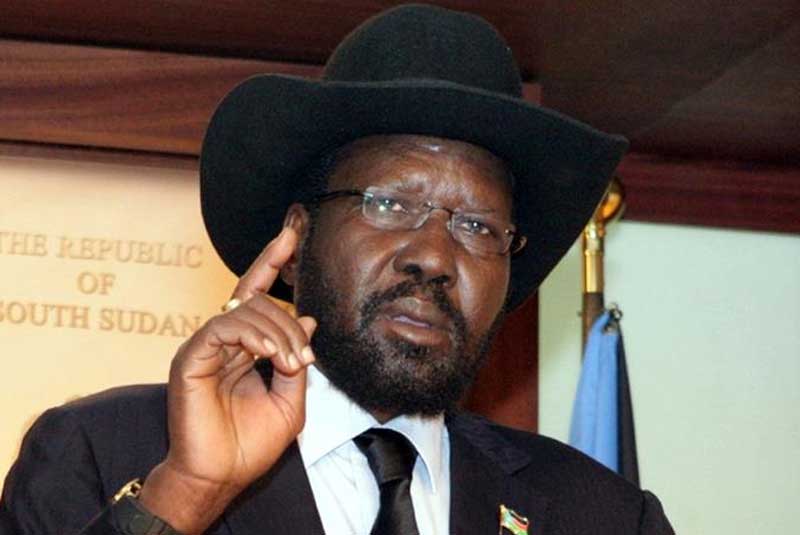×
The Standard e-Paper
Join Thousands Daily

The revelations about what is happening in South Sudan come at a time when President Salva Kiir and his nemesis Riek Machar continue to drag on with talks as violence persists.
Kenya, whose banks control the financial sector of South Sudan, has continuously rejected the push by the US to seize properties of South Sudanese leaders bought with proceeds from corruption, money laundering and war.